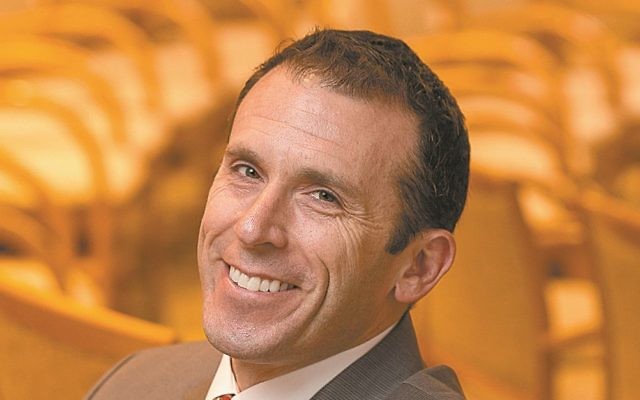Fearing Worst but Finding Partners in Macon

Guest Column / By Rabbi David Spinrad
In the wake of the Nov. 8 presidential election, social media feeds and Jewish organizational statements have been filled with calls for unity. For now, unity is a tall order, given the divided political climate and the deeply differing views of where we stand as a nation.
Instead of calling for unity, let us call for something more attainable: Let us call for partnership.
In partnership with the Religious Action Center, the Lawyers’ Committee for Civil Rights Under Law, and members and rabbis from Temple Sinai and Temple Kol Emeth, on Election Day over 20 members and rabbis from The Temple traveled to Macon-Bibb County to assist with nonpartisan election protection.
We were there because this was the first presidential election without the full protection of the Voting Rights Act, and many states have enacted new voting policies such as consolidating voting precincts (which, in turn, can make lines longer and prevent people who need to get to work from casting their ballots), purging voter rolls without notifying formerly registered individuals that they need to re-register, and moving polling places to sheriff’s offices.
In the words of the U.S. Court of Appeals for the 4th Circuit, these voting restrictions were designed in ways that “disproportionately affected African Americans” and targeted “African Americans with almost surgical precision.”
According to our partner Kristen Clarke, the president and executive director of the Lawyers’ Committee for Civil Rights Under Law: “Georgia is Ground Zero, if you will, when it comes to voter suppression and discrimination. With the guarantee of free and fair access to the ballot box in danger in ways unseen since the mid-60s and with this vulnerability falling primarily on people of color, we were dispatched to Macon while other colleagues were in Cincinnati, Ohio, to serve as field volunteers responding to monitoring potential voting problems at the polls, such as malfunctioning machines or voter registration challenges in targeted locations as they arose.”
With an imagined narrative of tension and potential conflict in my mind, my experience in Macon was nothing of the sort. It was one of partnership and will be a memory I will lean on as an example of what might be during these tumultuous times.
Other than cases of registration confusion at primarily one polling place, I did not hear or see any voter suppression or intimidation. Lines were short, voting machines worked, and law enforcement generally respected our presence on Election Day.
While I do believe that the Supreme Court erred badly in Shelby vs. Holder and chose colorblindness over clear vision, at least in what I saw and where I was in Macon on Tuesday the system worked for those who chose and were able to participate. In partnership with the Macon-Bibb Board of Elections, law enforcement and a large number of nonpartisan volunteers, I saw democracy in action.
Rabbi David Spinrad is part of the clergy at The Temple.




comments